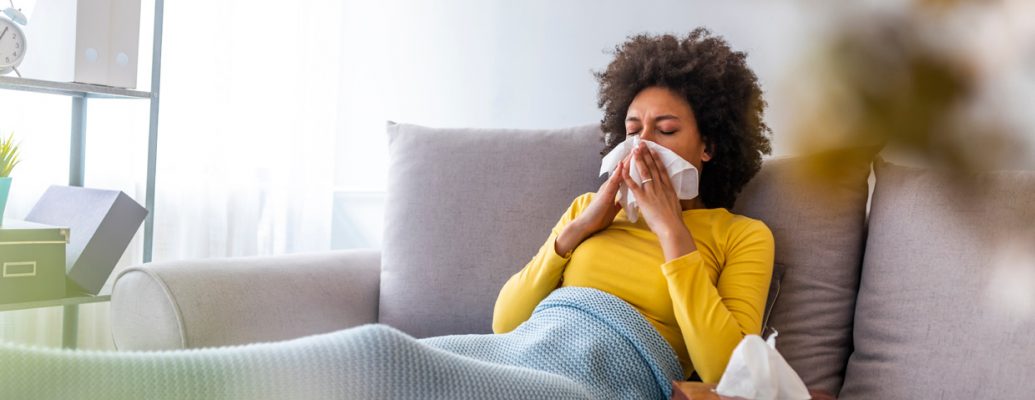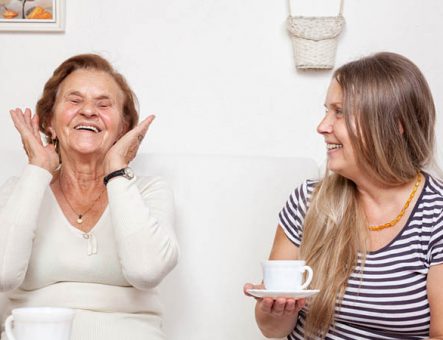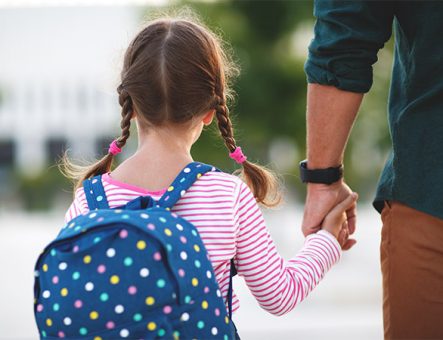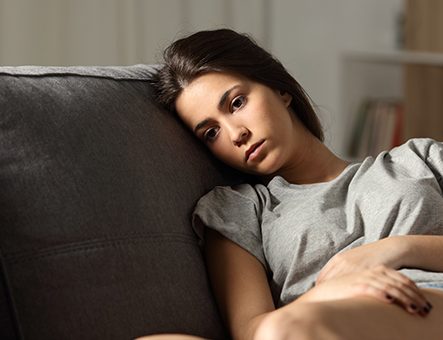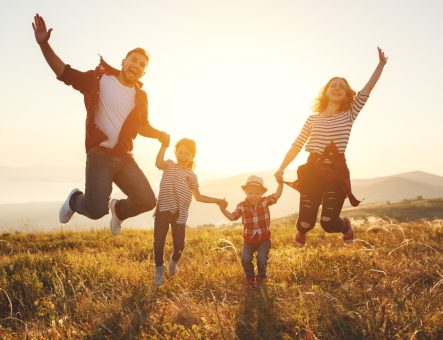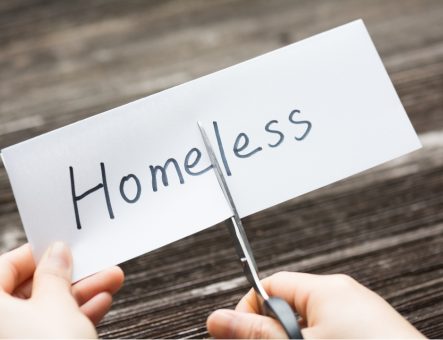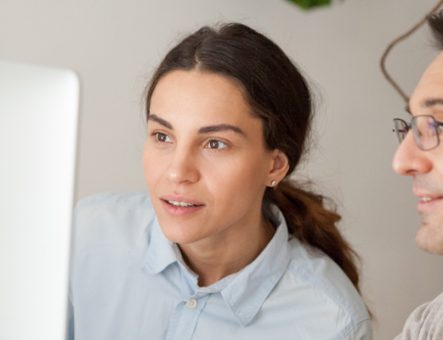Coronavirus covid-19 update: For the latest specific advice on coronavirus covid-19, please see the NHS and UK government website. In the current climate, East Dunbartonshire Citizens Advice Bureau understand you may be wary of accessing our services face to face. So we are happy to answer any queries by telephone or email, if you do not wish to come along to any of the offices or outreach points.
It’s important that we all keep good health habits to protect ourselves from the viruses and bugs that are circulating around us. So, today we are sharing some practical advice to help you protect yourself and others from infectious viruses.
What is a virus?
A virus is a type of infection, which can make us sick. There are lots of different types of virus, which cause all sorts of diseases. From the common cold to more serious ones like influenza (flu), gastroenteritis (vomiting and diarrhoea), measles, mumps and covid-19. Many viral diseases are contagious, which means they can spread from person to person.
Protect yourself from viruses
Vaccination
Vaccination is the best way to protect yourself from certain viruses and diseases. Vaccines, usually given by a safe and quick injection, prepare your immune system to fight diseases by creating antibodies.
Everyone in Scotland is offered a programme of vaccinations, which starts at 8 weeks old. If you’re not sure whether you are up to date with your vaccinations, please check with your GP. It’s never too late to protect yourself. Immunisation in Scotland.
Groups such as young children, over 65s, pregnant women, people with certain underlying health conditions and healthcare workers are offered the flu vaccination for free in Scotland. If you are in one of these groups, it is recommended that you have the vaccine every year, to help protect yourself. How to get the flu vaccine.
However, vaccines are not available for all diseases. For example, there is currently no vaccine for coronavirus covid-19. So, what else can you do to protect yourself and others?
Practise Good Hand Hygiene
You can pick up an infection by touching the same surface as an infected person, such as a door handle, and then touching your eyes, nose or mouth. So, wash your hands regularly and try not to touch your face when you are out and about. The NHS recommend washing your hands for at least 20 seconds. This video shows you how to do it thoroughly.
Washing your hands with soap and water is most effective, but you can use hand sanitiser or gel if you don’t have access to soap and water.
Protect those around you
If you are feeling unwell, it’s recommended that you stay at home, so you do not pass the illness on to others.
- Check if you are entitled to sick pay if you are an employed worker
- If you are self-employed, you might be able to claim benefits to help with loss of earnings. Check if you’re entitled to Employment and Support Allowance and/or Universal Credit.
- You may also be able to work from home, depending on your job and circumstances.
- If you are unemployed and unable to attend your usual benefits appointments, be sure to call the office, explain your situation and check if there’s anything else you need to do.
Always cover your mouth and nose with a tissue when you cough or sneeze. Then throw the tissue away. This will help prevent you from passing germs onto surfaces or into the air.
Getting medical advice
If you feel seriously ill, or are worried about any of your symptoms, you must get medical advice.
- Within surgery opening hours, you can phone your GP.
- For urgent medical advice, call the NHS on 111 in Scotland. Lines are open 24 hours a day, 7 days a week.
- In a life-threatening emergency only, dial 999. When to call 999.

